
Beyond Radical: Queer Theory and the UK (AHRC Research Network, 2023-24)
Beyond Radical is an AHRC-funded research network for UK-based scholars, artists and activists interested in the continued interrogation and development of queer theory.
The innovations in conceptualizing gender and sexuality that came to be known as ‘queer theory’ have now had a more than 30-year-long life. During this period, these innovations have had a significant impact on the work of UK-based scholars in a range of disciplines. Yet, despite this fact, the main concepts and frameworks of the field still derive overwhelmingly from the US: from scholars, presses and journals based there.
At the same time, queer thought finds itself at an interesting juncture. For a while now, scholars have asked if, after 30 years or more, the ‘radical’ impetus behind queerness has waned. Meanwhile, many researchers are energised by other fields of gender and sexuality studies, such as trans studies, which often seem closer to more urgent social and political issues.
We take this point of transition in the intellectual and political energy behind queer thought to be an excellent moment to think critically about the scholarly foundations of the field, many of which remain essentially rooted in the context of the US. ‘Beyond Radical’ will bring UK-based scholars together, not just to critique the exclusions of queer theory, but to think through and develop its foundational theories, concepts and frameworks.
Through our focus on the UK we look to build a community of scholars based in geographical proximity to each other and attuned to local contexts, but without reifying the nation. Indeed, we take ‘the UK’ as a particularly apt problematic for thinking beyond the borders of the nation and remaining attentive to the postcolonial, neocolonial, and anticolonial.
Our themes and events
Rethinking ‘Radicality’
What does it mean to be radical? While in some contexts calling something “radical” seems to impute an indisputable value to it, it is clear that radicality has no necessary ethical or political orientation. For example, in the UK, Liz Truss was hailed as the most “radical” Prime Minister the country has ever seen. Self-named “gender-critical” feminists, meanwhile, sometimes imagine themselves to be putting the “radical” back into feminism. The idea of radicality lends itself to a range of stances and projects.
But ever since its inception, US-based queer studies has imagined itself, to use Gayle Rubin’s words from 1984, as primarily a “radical theory of sexuality”. “Radical” in queer studies has named the desire to totally rethink the structures of social life, abandoning them as hopelessly tied up in a white supremacist capitalist heteropatriarchy. On the other hand, “liberal” is often used as a catch-all antagonist to name approaches that seek incorporation into the status quo of Western liberal democracies.
This radical/liberal tension has endured historical shifts, as legal and social advances for some queer people have made any automatic link between queers and a radical challenge to liberal life harder to sustain. Moreover, queer studies’ critique of neo/liberalism as a mode of governing, an economic model and a philosophy has tended to take the contemporary US nation-state as its paradigm of the liberal nation. The distinction radical/liberal is itself today most prominent in US political discourse. Its usefulness outside the US remains to be examined.
This strand will explore the changing contexts of ‘radicality’ in queer studies, analysing the losses and gains of such changes. Among the questions we will ask are: Should queer be radical? If so, what kind of radical should it be? What powerful affective valences does the term ‘radical’ carry and what are the implications of these? How has queer radicality been incorporated into institutional and disciplinary structures? What happens after or beyond radicality--when what seemed ‘radical’ becomes historical? If queer shouldn’t be radical then where does that leave it?
Planned events
- Launch event: 6.30pm, Thurs 28th September 2023, Whitworth Art Gallery, Manchester
‘Queer and Radical?’, in conjunction with the ‘(Un)Defining Queer’ exhibition at the Whitworth Art Gallery, featuring Cheddar Gorgeous, Ibtisam Ahmed, Sarah-Joy Ford and Laura Forster
More details and sign up here. - Writing Workshop: 3pm, Sun 15th October, Coast is Queer Literary Festival, Brighton
The Desire to be Radical: A Queer Writing Workshop w/ Sam Solomon and Jackie Stacey
More details on the workshop here. - Symposium and Networking day: 10am-5pm, Mon 16th October, University of Sussex
‘Rethinking “Radicality” in Queer Theory’: a symposium and networking day for specifying, interrogating and rethinking the historical connections between 'queerness' and 'radicality'
More details and sign up here.
Trans/Queer
For scholars based in the UK, researching trans lives and cultures offers a specific set of challenges. For one thing, while there are plenty of scholars working on trans topics, “trans studies” as a field has much less sense of the formal organisation of trans studies in somewhere like the US. At the same time, the precarious place of trans people in the UK can make it seem especially urgent for research to focus on tackling immediate social problems. This in turn has tended to mean that the social sciences have become the main home for trans studies here.
But this situation invites a range of questions about how trans studies in the UK might develop. For example, in the US, trans studies has achieved its formal organisation in significant ways by opposing itself to queer studies. Whether this is how the fields will relate to each other as they develop in other locations remains to be seen. Also, the focus of trans studies in the social sciences up to now leaves space to explore what a trans studies rooted elsewhere might look like–say, in history, culture, aesthetics and the conceptually-led humanities.
This strand will be dedicated to further building trans studies in the UK. Among the questions we will ask are: In what kinds of disciplines will trans studies be possible? How will this relate to existing scholars and scholarship in gender and sexuality studies? How does/can trans theory relate to feminism in the UK? Are there specificities of the UK context and its colonial history/present that will guide future work in this area? Is it possible to think of transness and trans people outside the frame of social emergency/problem?
Planned events
- Trans/Queer: symposium and Networking day: Friday, 26 January 2024, University of Birmingham
'Trans/Queer' is a symposium and networking day meant to provide space to further develop trans studies in the UK, reflecting on the disciplines in which it has found a home up to now, and exploring the field’s relation to queer theory and feminist studies. Speakers include Susan Stryker and Sophie Lewis, amongst many others. Full details here.
Queer Theory and Bad Objects
Few fields have been as preoccupied with ’bad’ social and scholarly objects as queer theory. Through attending to what others might prefer to forget–shame, negativity, backwardness, to mention only a few–queer scholars have sought to re-orient normative hierarchies of value while also questioning aspects of their own field’s self-understanding.
More recently, this turn to bad objects continues to have life in the work of trans studies scholars focusing on, for example, trans maladjustment and bad feelings. Through this work, bad objects become ‘good’: offering currency in the contemporary academic marketplace. But what ‘objects’ (concepts, social structures, phenomena, as well as actual material things) remain irredeemable in contemporary queer thought? For example, is it possible to imagine a queer theory not antithetical to: categorisation, taxonomy, reason, heteronormativity, neoliberalism, the state? What objects do queer scholars not want to go near?
This strand will create space for conversations around the multiple meanings of bad objecthood. Among the questions we will ask are: On one hand, what categories and objects continue to be constructed as ‘bad’ by contemporary neoliberal normativity?
Moreover, more counterintuitively, how does sitting with what queer studies itself takes as its bad objects make visible the otherwise tacit assumptions of the field? How does thinking from the place of these bad objects create space for new possibilities in queer thought?
Planned events
- Queer Theory and Bad Objects: Symposium and Networking Afternoon: Thursday, 18 April 2024, University College London
‘Queer Theory and Bad Objects’ is a symposium and networking afternoon exploring ‘bad’ social and scholarly objects in queer theory and beyond. Speakers are Lisa Downing, Joan Lubin and Kyla Wazana Tompkins.
Full details here.
Queer Elements
Planned events
Full details coming soon – look for events in June 2024.
People
The Network is supported intellectually and administratively by a Steering Group.
Ben Nichols
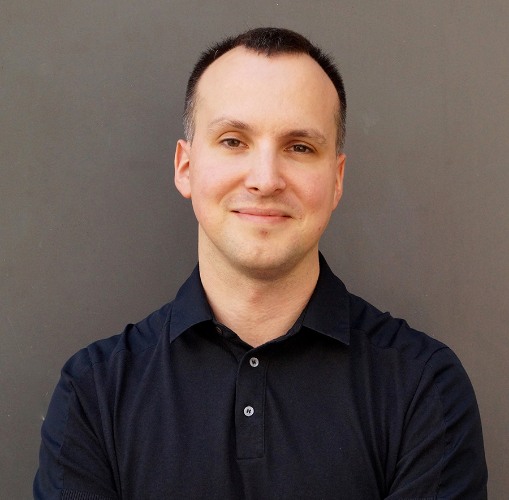
Ben Nichols is the Network’s Principal Investigator. He is Lecturer in Gender and Sexuality Studies and Co-Director of the Centre for the Study of Sexuality and Culture at the University of Manchester.
His research focuses on the history of Anglophone frameworks for research and teaching about non-normative genders and sexualities.
His publications include Same Old: Queer Theory, Literature and the Politics of Sameness (Manchester, 2020), as well as articles in journals such as GLQ, Textual Practice and the Henry James Review.
Jackie Stacey
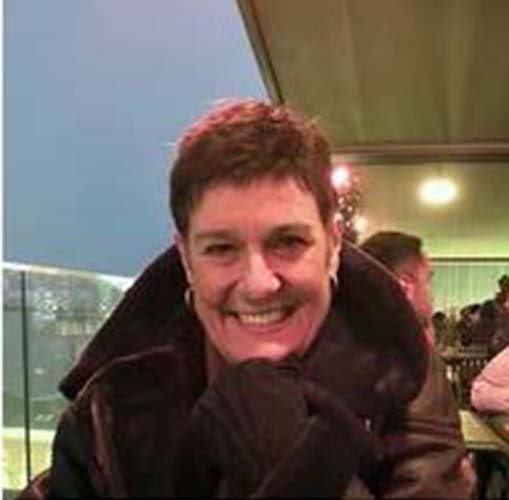
Professor Jackie Stacey is the Network’s Co-Investigator. She is Co-director of the Centre for the Study of Sexuality and Culture at the University of Manchester, where she organises the annual Sexuality Summer School.
Her publications include Queer Screen: A Screen Reader (with Sarah Street, 2006), The Cinematic Life of the Gene (2010); Writing Otherwise: Experiments in Cultural Criticism (with Janet Wolff, 2013).
She has recently published ‘Lesbian Cinema without Lesbians’ in Screen and is currently writing about Tilda Swinton’s whiteness.
Elliot Evans
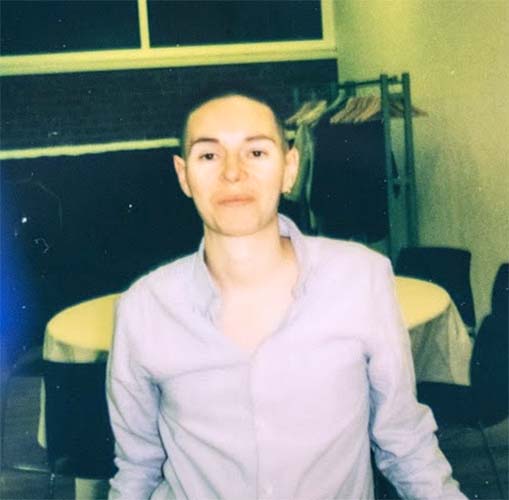
Elliot Evans is Associate Professor in the Department of Modern Languages and Co-Organiser of Critical Sexology. Elliot is the author of Queer Permeability: The Body in French Thought from Wittig to Preciado (2020).
Their research is concerned with the varied constructions of sexuality and gender across cultures; with the biopolitical formation of these identities, and the ways in which they are elaborated through writing and visual production.
Their current research project is a comparative analysis of the visual language of HIV/AIDS across four national contexts: Democratic Republic of Congo, France, Haiti, Québec, specifically looking at experimental film and video art.
Eleanor Green
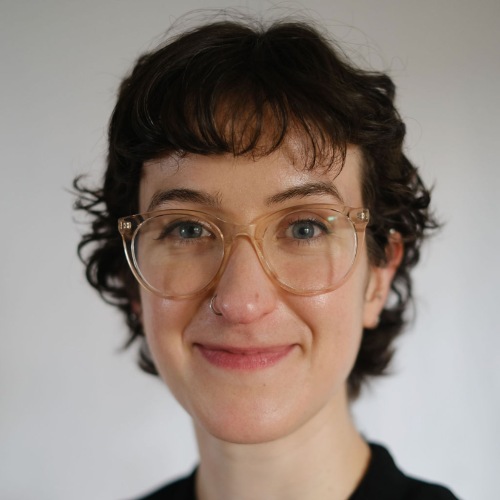
Dr Eleanor Green is a teaching assistant at The University of Manchester, having submitted their thesis — Queer Sexuality in Samuel Beckett’s Late Prose — in 2022.
Their research focuses on ‘late’ twentieth-century and contemporary literature, queer theory, whiteness, and negativity.
They have presented at national and international conferences and their reviews and interviews can be found at The Beckett Circle and Review 31.
Sam McBean
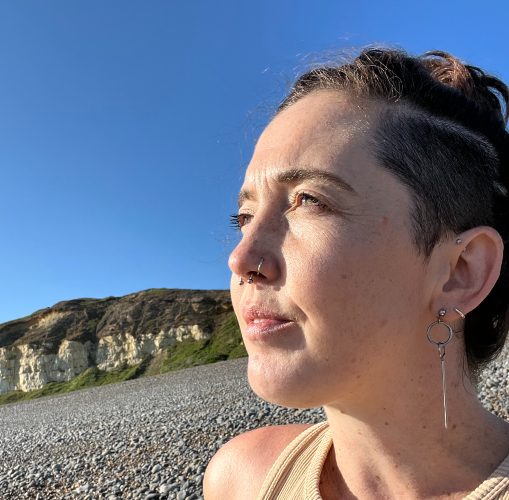
Sam McBean is Senior Lecturer in Gender, Sexuality, and Contemporary Culture at Queen Mary University of London and co-chair of the Sexual Cultures Research Group.
She is the author of Feminism’s Queer Temporalities (Routledge, 2016) and has published on feminist theory, queer theory, and contemporary literature and visual culture in journals including Feminist Review, Feminist Theory, Contemporary Literature, and Feminist Media Studies.
Rahul Rao
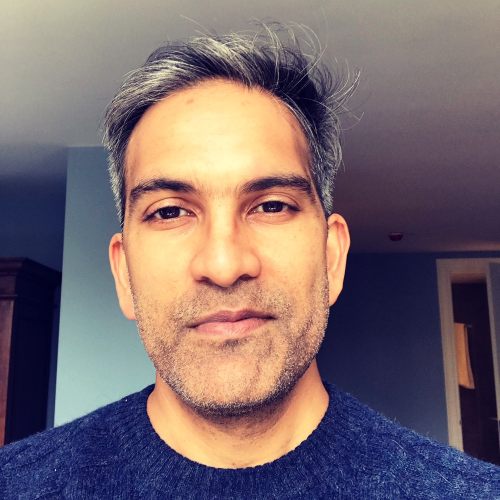
Rahul Rao is a Reader in International Political Thought in the School of International Relations at the University of St Andrews.
He has research interests in international relations, postcolonial and queer theory, and the politics of South Asia. Much of his research concerns the global politics of identity – gender, sexuality, and, more recently, race and caste.
He is the author of two books – Third World Protest: Between Home and the World (Oxford, 2010) and Out of Time: The Queer Politics of Postcoloniality (Oxford, 2020).
He is currently writing a book on the politics of statues as terrains for the assertion and contestation of racial and caste supremacy.
Samuel Solomon
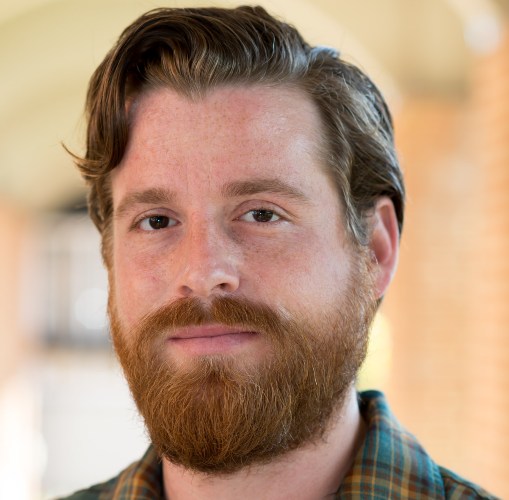
Samuel Solomon lives in Brighton where he teaches English Literature and Creative Writing at the University of Sussex and co-directs the Centre for the Study of Sexual Dissidence.
He is the author of Special Subcommittee (Commune Editions, 2017) and Lyric Pedagogy and Marxist-Feminism: Social Reproduction and the Institutions of Poetry (Bloomsbury, 2019), and he is co-translator from the Yiddish of The Acrobat: Selected Poems of Celia Dropkin (Tebot Bach, 2014).
He is currently at work on a literary labour history of queer typesetting.
Xine Yao
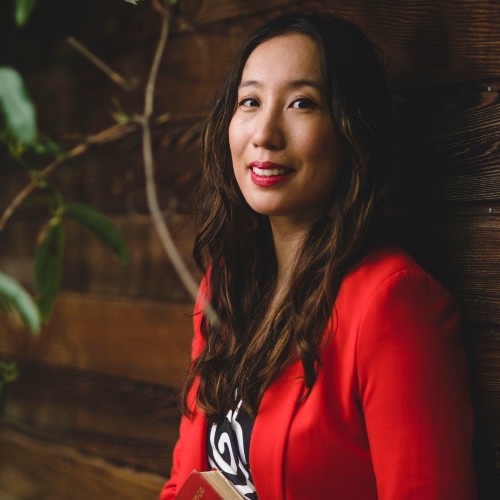
Dr. Xine Yao is Associate Professor in American Literature to 1900 and co-director of the queer studies network qUCL at University College London.
Yao’s Disaffected: The Cultural Politics of Unfeeling in Nineteenth-Century America received Duke University Press’s Scholars of Color First Book Award, honourable mention for the Arthur Miller First Book Prize from the British Association of American Studies, and was shortlisted for the University English Book Prize.
Other accolades include the American Studies Association’s Yasuo Sakakibara Essay Prize. She is a BBC Radio 3/AHRC New Generation Thinker and the co-host of PhDivas Podcast.
Contact
To be added to the Network’s mailing list, please email beyondradicalnetwork@gmail.com.
- Twitter: @beyondradical_
- Instagram: @beyondradical
